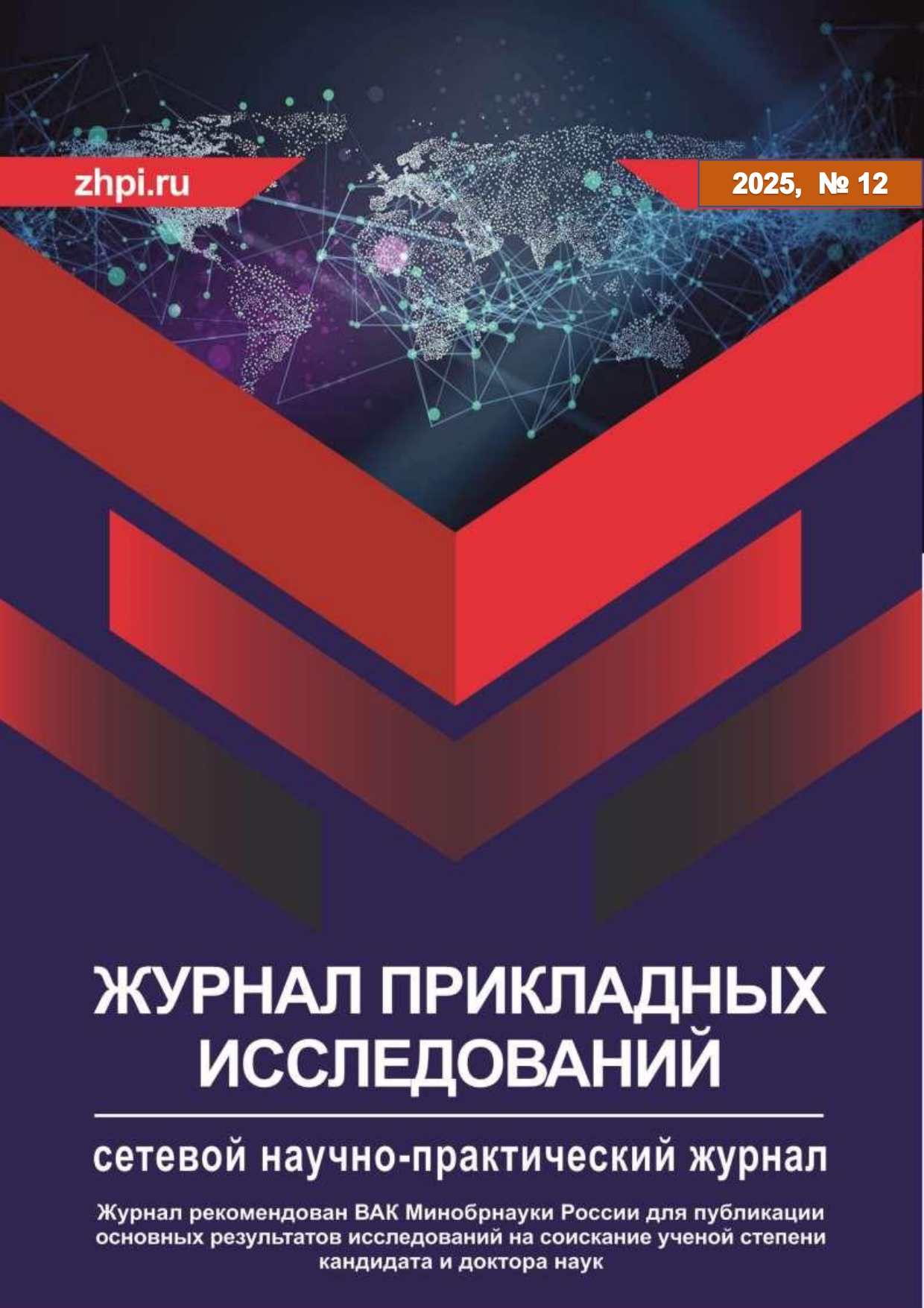employee
Russian Federation
UDC 378
The article explores the methodological and axiological foundations of teaching philosophy in modern higher education. It analyzes the transformation of philosophical education under the influence of digitalization, globalization, and the growing pragmatization of the academic environment. The author emphasizes that the main goal of teaching philosophy is not the transfer of a static body of knowledge, but the development of critical, reflective, and dialogical thinking as a foundation of professional and personal culture. The study highlights the tension between traditional academic models and innovative, technology-based learning formats, drawing attention to the risk of losing the humanistic dimension of education. It is argued that philosophy, as a discipline, preserves the integrity of human consciousness and promotes the formation of ethical responsibility and value orientation in future professionals. The paper also discusses the role of the teacher as a mediator between classical philosophical heritage and contemporary sociocultural realities. The conclusion stresses that philosophical education should remain a space of meaning-making and freedom of thought within the increasingly standardized and instrumentalized system of higher education.
philosophical education, higher education, methodology, values, critical thinking, digital transformation, humanism
1. Volkova E. G. Osnovnye problemy prepodavaniya filosofii v vuze / E. G. Volkova. // Sovremennoe obrazovanie. – 2015. – № 2. – S. 80-115.
2. Gur'yanova A.V. Sud'ba filosofii v cifrovuyu epohu // Rossiyskaya nauka: aktual'nye issledovaniya i razrabotki: sbornik nauchnyh statey IX Vserossiyskoy nauchno-prakticheskoy konferencii, 15 marta 2020 g.: v 2 chastyah / red. S.I. Ashmarina, A.V. Pavlova. Samarskiy gosudarstvennyy ekonomicheskiy universitet. Samara: Izd-vo SGEU, 2020. Ch. 2. S. 431 – 436.
3. Znepol'skiy B. Kak prepodaetsya i kak dolzhna prepodavat'sya filosofiya / B. Znepol'skiy // Otechestvennye zapiski. – 2002. – № 2. – S. 122-129.
4. Kokurhaeva R.M.B., Hamurzov A.T., Shafieva E.T. Cifrovye platformy kak instrument transformacii ekonomiki // Zhurnal prikladnyh issledovaniy. 2022. T.2. № 9. S. 107-111.
5. Smirnova O.V., Kasatkina S.S., Balyushina Yu.L. Problemy izucheniya filosofii v vuze v usloviyah distancionnogo obucheniya // Vestnik Cherepoveckogo gosudarstvennogo universiteta. 2022. № 2 (107). S. 164 – 174.
6. Fedotova P. I. Filosofskoe obrazovanie: problemy i zadachi / P. I. Fedotova // Filosofiya obrazovaniya. – Vypusk 23. – SPb: Sankt-Peterburgskoe filosofskoe obschestvo, 2002. – C. 309-320.





